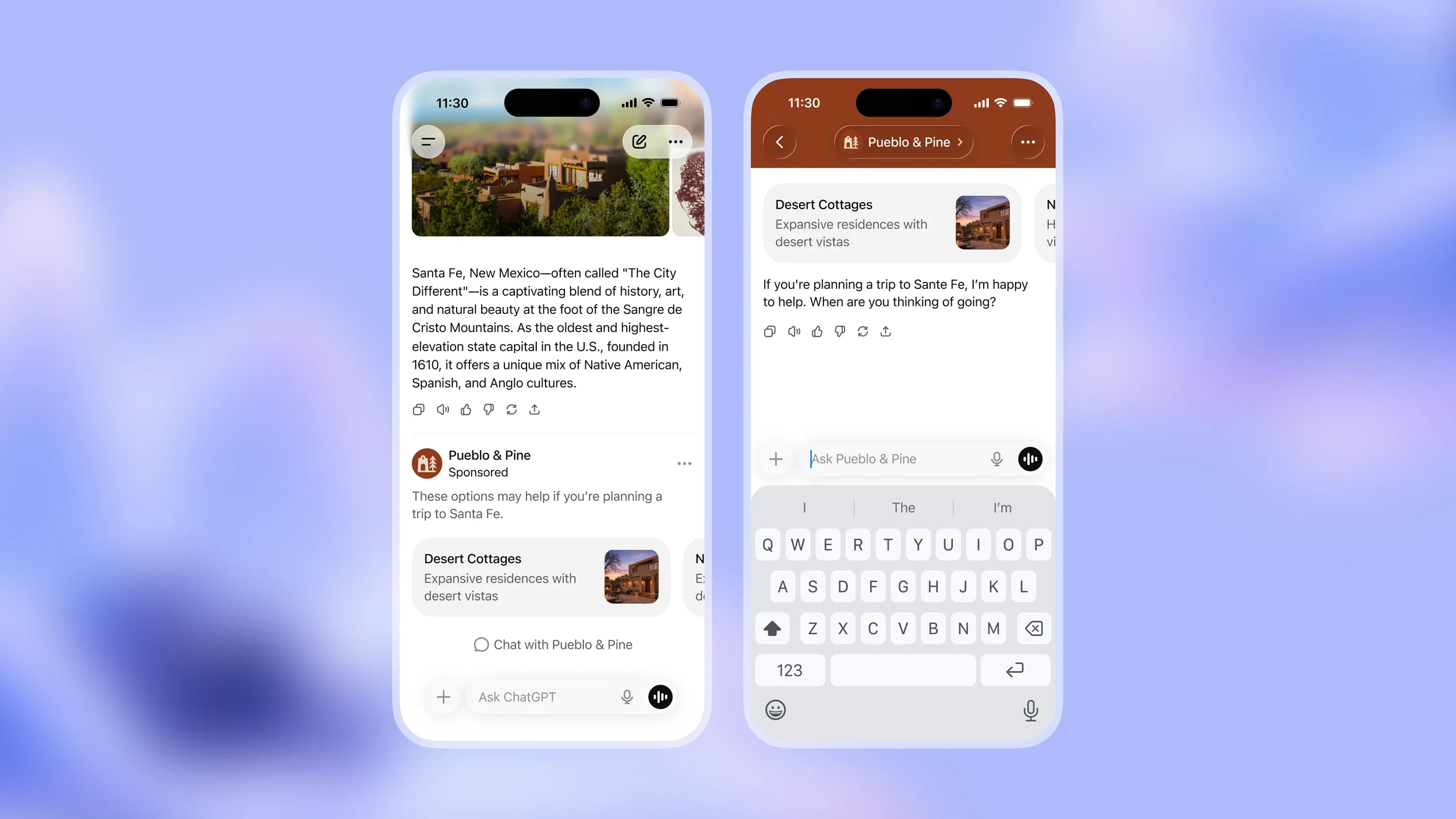Integrated Marketing vs. Omnichannel Marketing
Integrated Marketing VS Omnichannel Marketing.
Key Takeaways
· Integrated marketing ensures consistent, cohesive brand messaging across multiple channels (social media, email, PR, etc.) to reinforce brand identity.
· Omnichannel marketing is customer-centric, focusing on seamless personalised experiences across online and offline touchpoints, using real-time data to personalise and integrate channels.
· Key differences: integrated emphasises brand consistency and unified messaging; omnichannel emphasises customer experience and channel integration; the right strategy depends on business goals and resources.
As an integrated agency, we understand the importance of crafting tailored marketing solutions that align with our client's unique needs. We specialize in helping businesses navigate both integrated and omnichannel strategies, ensuring the right approach is implemented for maximum impact.
In today's rapidly evolving business landscape, two powerful marketing strategies have gained prominence: integrated marketing and omnichannel marketing. Both of these approaches aim to deliver impactful brand messages and engage customers effectively, yet they differ significantly in their focus and methodology. In this blog post, we'll dive into the key elements of each approach, explore their strengths, and help you determine which strategy might be best suited for your business.
What is Integrated Marketing?
Integrated marketing is all about creating a consistent and cohesive brand message across various marketing channels. The primary goal is to ensure that every touchpoint a customer encounters delivers a unified message that reinforces the brand's identity and values. Integrated marketing aligns marketing efforts across social media, email, advertising, and public relations to build a consistent brand experience.
Key Components of Integrated Marketing
Consistent Messaging: The hallmark of integrated marketing is a uniform brand message. Whether a potential customer sees a social media post or an email campaign, the core message remains the same. This consistency helps to strengthen brand identity and build trust.
Coordinated Channels: Integrated marketing utilizes multiple marketing channels—such as social media, email, PR, and advertising—in a coordinated fashion. Each channel is optimized to play its role, but the content is unified.
Alignment of Efforts: This strategy requires alignment between different departments, including marketing, sales, and customer service, to ensure that every communication supports the brand's overarching goals.
Focus and Approach
Integrated marketing is brand-centric. It prioritizes maintaining a consistent brand identity and ensuring that the audience receives a steady and unified message across all platforms.
What is Omnichannel Marketing?
Omnichannel marketing, on the other hand, takes integration to the next level by focusing on the customer's journey across all channels. It aims to create a seamless and personalized experience that transitions smoothly from one touchpoint to the next, whether online or offline. This approach considers the customer's perspective, ensuring that interactions are fluid and tailored to individual needs.
Key Components of Omnichannel Marketing
Seamless Customer Experience: Omnichannel marketing emphasizes providing a continuous, fluid customer journey, whether the customer interacts via a website, a retail store, or a social media platform.
Real-time Data Integration: It leverages real-time data to adapt and personalize the customer experience. This allows marketers to provide relevant content, offers, and recommendations based on current customer behaviours.
Channel Integration: Unlike integrated marketing, which focuses on consistency, omnichannel marketing seeks full integration of both online and offline channels. This integration creates an interconnected customer experience where transitions between channels feel natural and effortless.
Focus and Approach
Omnichannel marketing is customer-centric. It prioritizes the customer's experience and aims to adapt to their preferences, providing a tailored journey that responds to individual behaviours and needs.
Key Differences Between Integrated and Omnichannel Marketing
Focus: Integrated marketing emphasizes brand consistency, whereas omnichannel marketing prioritizes the customer experience.
Channel Coordination: Integrated marketing coordinates channels to ensure consistency, while omnichannel marketing integrates channels completely to offer a seamless experience.
Personalization: Omnichannel marketing provides a higher degree of personalization compared to integrated marketing.
Data Utilization: Omnichannel marketing extensively uses real-time data to adapt and personalize the customer journey, whereas integrated marketing focuses more on consistent branding.
Customer Journey: Omnichannel marketing provides a more interconnected and seamless customer journey across all touchpoints, both online and offline.
Which Strategy Should You Choose?
At our agency, we work closely with our clients to assess their specific goals and customer needs. By leveraging our expertise in both integrated and omnichannel marketing, we help businesses identify the strategy that will best achieve their objectives and resonate with their target audience.
The choice between integrated marketing and omnichannel marketing depends largely on your business goals, target audience, and resources. Omnichannel marketing is a more advanced, customer-focused approach that can lead to higher engagement and loyalty, as it puts the customer's experience front and centre. Integrated marketing, however, is a great fit for businesses that aim to maintain a consistent brand message and strengthen their identity.
If your primary goal is to ensure a consistent message across different channels and to reinforce brand identity, integrated marketing might be the ideal strategy. On the other hand, if you want to provide a highly personalized experience that smoothly guides customers through multiple touchpoints, omnichannel marketing will be more effective.
Conclusion
Both integrated and omnichannel marketing are effective strategies, but their effectiveness depends on your business objectives. Integrated marketing focuses on building brand consistency, while omnichannel marketing goes a step further, prioritizing a seamless and personalized customer experience. As consumer behaviours evolve, the ideal strategy will depend on aligning your marketing approach with your customers' expectations and your business goals.












